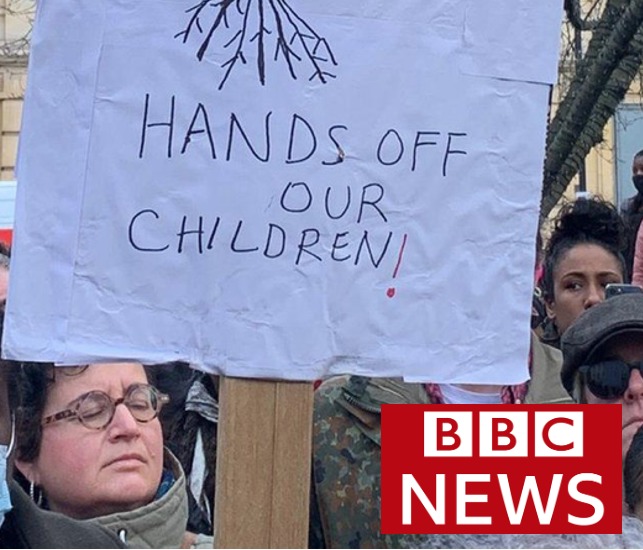Education secretary Nadhim Zahawi has announced that tougher guidelines regarding strip searches will be introduced in the light of what happened to Child Q in Hackney in 2020.
But this distressing case has also highlighted a phenomenon that has not been so widely reported – that of the alleged adultification of particularly young black girls.
A report by The City of London & Hackney Safeguarding Children Partnership concluded that Child Q’s traumatic experience was probably caused by “adultification” – through which teachers, law enforcement and parents see children of minority groups, particularly black children, as older and less innocent than white children. Black children, therefore, are viewed as mischievous and disruptive for their age-appropriate behaviour and are treated as adults.
The 15-year-old girl, also known as Child Q, was strip-searched by two female Metropolitan Police Service officers in her school in 2020 while on her period. The police attended the school after the teachers reported that Child Q smelled strongly of cannabis.
“(Professionals) treated her as an adult. (She was) searched as an adult. Is this because they think she is a young girl, with no respect for her parents or adults and no fear of consequences or because she is a black child living in a poor city area?” said Child Q’s mother after the incident.
The report states that what happened to Child Q is not an isolated incident, and argues that the adultification of young black children is a form of dehumanisation that is robbing black children of their innocence. That bias toward black children can also lead to less protection and support, and more punishment from educators and law enforcement.
In the U.S. study Girlhood Interrupted from 2017, adults admitted that they see black girls as young as five years old as less in need of protection, comfort, and nurturing than their white peers. The findings suggest that black girls can be seen as more independent than they really are – and more knowledgeable about adult topics and sex than white girls. According to the report, “adultification contributes to a false narrative that black youths’ transgressions are intentional and malicious, instead of the result of immature decision making — a key characteristic of childhood”.
Follow-up research in 2019 found that in school black girls routinely experience harsher treatment and are expected to meet higher standards than their peers. They are also seen as “angry” and “aggressive” – and sometimes hypersexualised.
According to participants in the Georgetown study, “when black girls express strong or contrary views, adults view them as challenging authority or, more fundamentally, simply assume a girl’s character is just plain ‘bad.'”. Jamilia Blake, co-author of the report, said “Almost all the black girls and women we talked to said they’d experienced adultification bias as children, and they overwhelmingly agreed that it led teachers and other adults to treat them more harshly and hold them to higher standards than white girls.”
These findings are not isolated to the U.S. Data uncovered by Agenda, the alliance for women and girls, found that over the 2019/2020 academic year Caribbean girls were excluded at a rate double that of their white peers at primary, secondary and special schools. The report alleges that this high rate of exclusion is affected by “… negative stereotypes attached to Black and minoritised girls”.
In the case of Child Q, the teacher’s decision to call the police even though they couldn’t find drugs in her bag and coat, suggests how easily people see black girls as criminals. And if they see young black girls as adults, their safeguarding needs can be overlooked.
In the recording below three students from East London talk to Rising East about adultification.
Her Majesty’s Inspectorate of Constabulary and Fire & Rescue Services and Her Majesty’s Inspectorate of Prisons in 2018 found that “the numbers of strip searches were high and included many children and a significantly higher proportion of black and minority ethnic detainees compared against the overall throughput”.
In the U.K, there were 57,733 strip searches of black people from 2016 to 2021. This is 11.7% of London’s population, and during the past five years, only 27% of strip searches were conducted on White British people. In addition, the MET drove 9,088 strip searches on children, including 2,360 on children under 16.)

